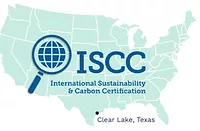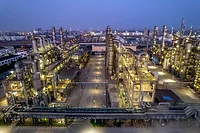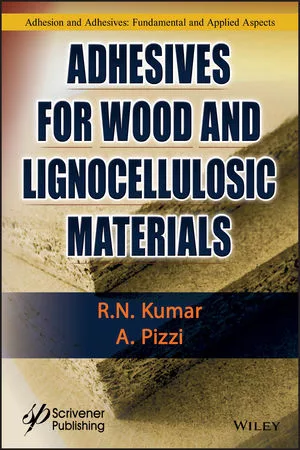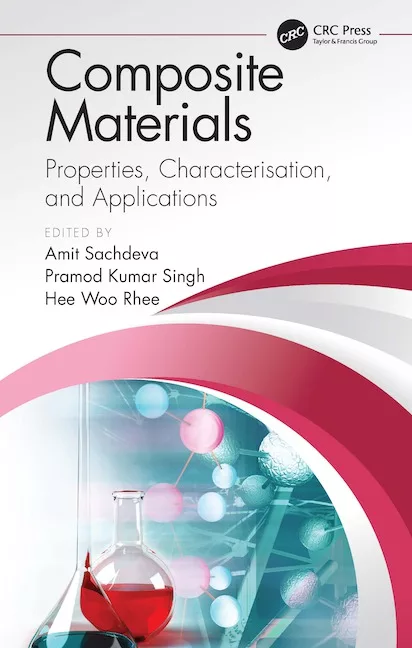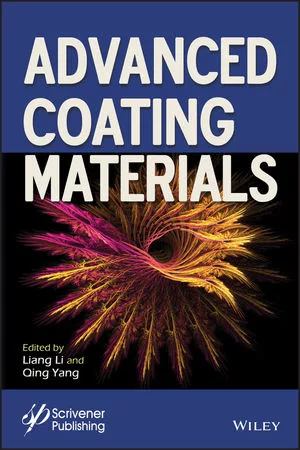Arkema Announces New Range of Mass-Balance-Certified Acrylic Materials

Courtesy of Arkema.
Arkema announces the mass-balance certification of a range of bio-attributed acrylic monomers, and specialty acrylic additives and resins, by the International Sustainability and Carbon Certification-PLUS (ISCC+). The replacement of fossil feedstock by bio/bio-circular feedstock will support Arkema’s customers in achieving their climate plan goals by reducing their scope 3 greenhouse gas emissions.
“The development of these bio-attributed acrylic materials is an important step on the sustainable development roadmap of Arkema and its Coating Solutions segment,” said Hervé Castres Saint Martin, global group president Acrylic Monomers. “These innovative products deliver the same high quality and performance that our customers expect from us, while at the same time enabling them to lower their own carbon footprint.”
Arkema’s use of the mass balance approach in the manufacture of bio-attributed solutions complements the bio-based segregated polymers, resins, and additives Arkema is already offering. These performance bio-based segregated solutions are, to name a few: RILSAN® and Pebax® Rnew® polyamide 11 advanced polymers, SARTOMER® Sarbio UV-curing resins, SYNAQUA® alkyd emulsions, CRAYVALLAC® and COAPUR® rheology additives.
“Engaging in both complementary approaches of mass balance and physical segregation accelerates our innovation in renewable materials for our customers and partners, to help them achieve their own sustainable development targets,” said Richard Jenkins, senior vice president, Arkema Coating Solutions. “In line with Arkema’s newly reinforced commitment to the Paris Agreement, we are working diligently to reduce our environmental footprint while developing innovative materials for a more sustainable world.”
For more information, visit: www.arkema.com/global/en/social-responsibility/innovation-and-sustainable-solutions/.
Looking for a reprint of this article?
From high-res PDFs to custom plaques, order your copy today!




